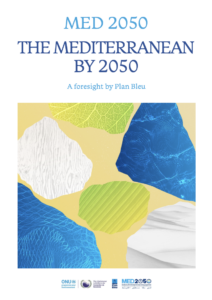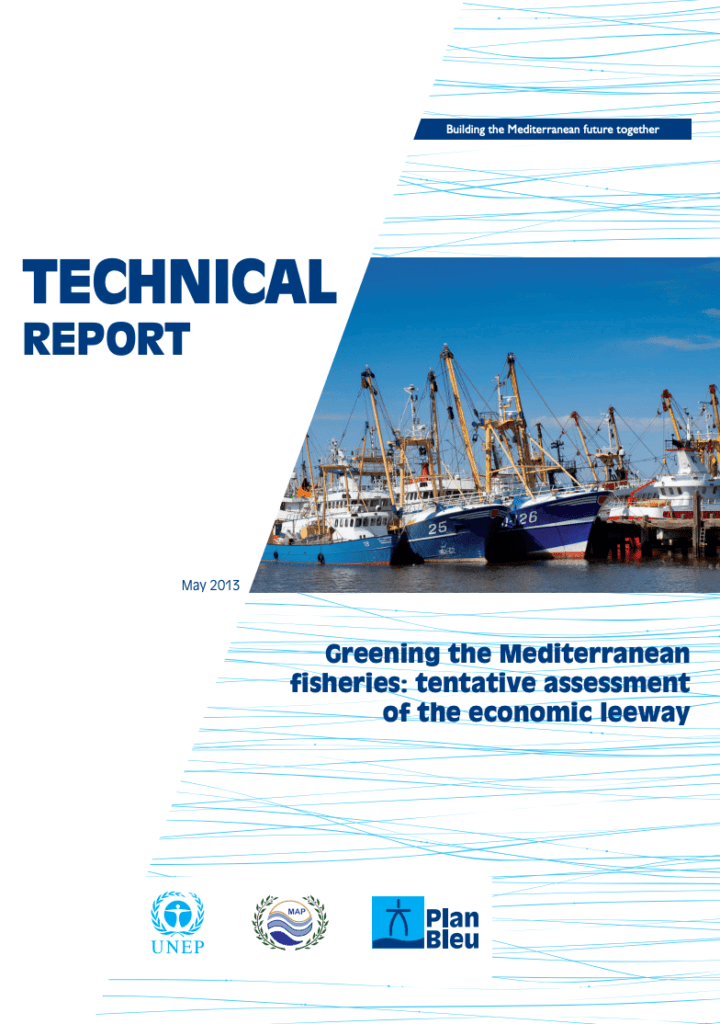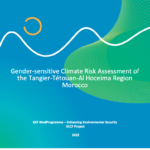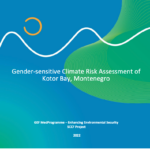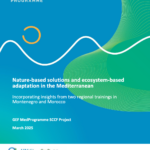This new technical report on the Mediterranean fisheries aims to present the current economic and social value of marine fisheries to the Mediterranean region and, more innovative, to estimate the sector’s full potential economic and social value if it were managed optimally, with a view to maximizing the benefits that could be derived from marine environmental assets over the long run while considering employment.
Mediterranean fisheries are underperforming both in economic and social terms. Preserving threatened environmental assets and rebuilding depleted stocks as well as implementing effective management could increase the overall marine fisheries catch, and raise the economic contribution of this sector to the regional economy.
In order to achieve sustainable levels of fishing in economic, ecological and social terms, a serious reduction in current excessive capacity is required. Downsizing of the fleet should be carried out with a view to protecting small-scale fisheries and dependent coastal communities. Implementing these recommendations to the Mediterranean fisheries sector would require additional public funding. Simulations carried out in this study by using an aggregate bio-economic model of fisheries applied to the Mediterranean basin show the gains would more than pay for the investments and in a few years’ time.
The remaining subsidies to the sector should be partly dedicated to improve fisheries management, enabling a more effective implementation of management tools that have proven to be effective, including stock assessments, monitoring and controlling programs, quota systems, and expanding marine protected areas. In addition, reinforcement of fishery institutions both in national administrations and regional fishery management organizations such as GFCM and ICATT would allow a more effective governance and management of resources.






